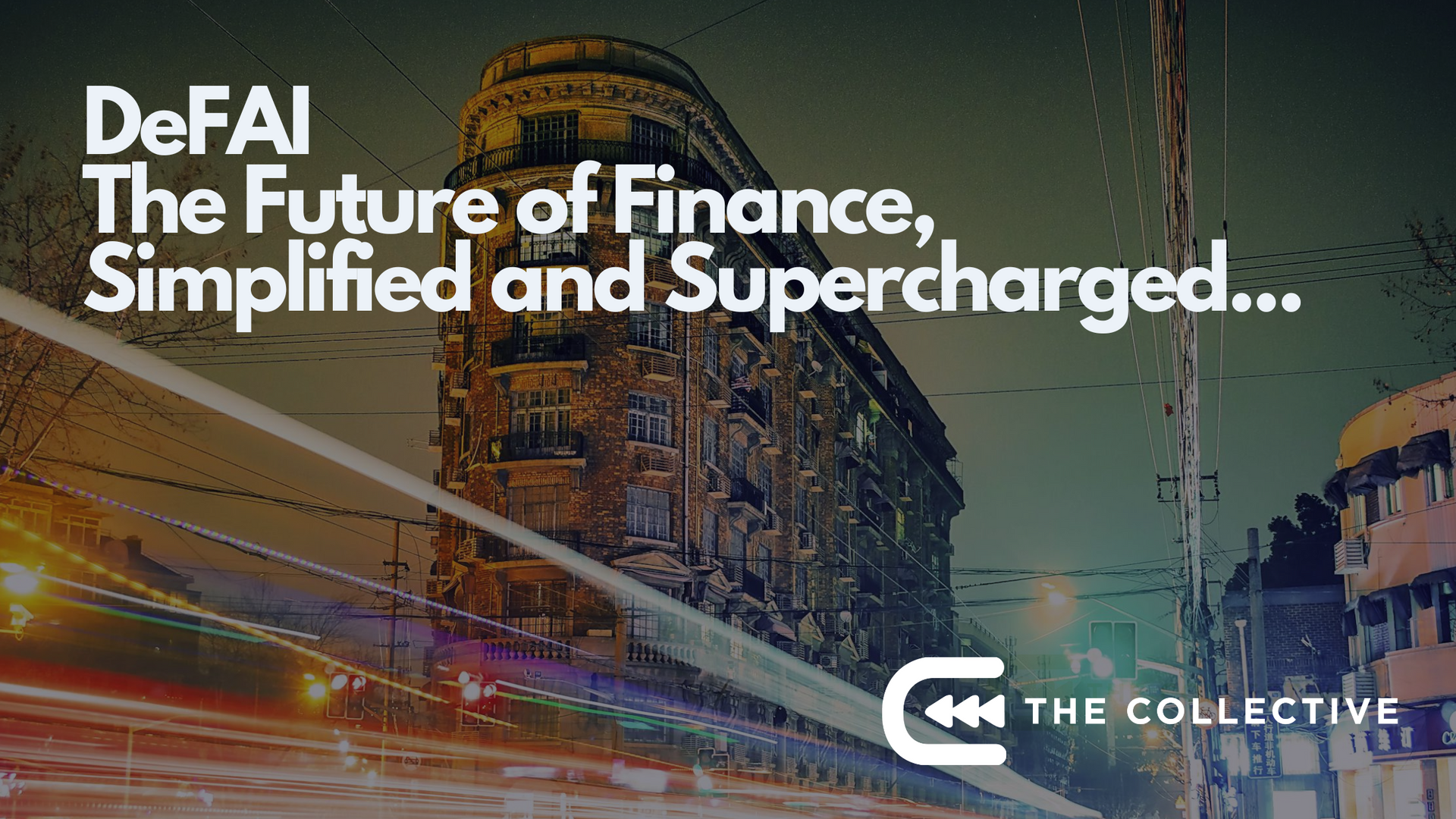Top 10 Misconceptions About Crypto

The crypto world is complex and changes super fast, which often leads to misunderstandings. It's super important to do your homework and research before diving into crypto. Of course, we try to provide you with lots of information on this website. Check out our Free Web3 Guide.
Here are the Top 10 Misconceptions About Crypto
1. Cryptocurrencies are only for illegal activities
A common early misconception about cryptocurrencies was that they were primarily used for illegal activities like money laundering or buying illegal goods on dark web marketplaces. While it's true that anonymity and a lack of regulation can be appealing for some criminal activities, most people use cryptocurrencies for legitimate purposes, including investment, remittances, and as a means of payment.
2. Cryptocurrencies have no intrinsic value
Another widespread misunderstanding is that cryptocurrencies, unlike traditional currencies or assets like gold, have no intrinsic value. Critics argue that their value is purely speculative. However, supporters point to the underlying blockchain technology, the cost and energy required to mine new coins, and the utility of some cryptocurrencies as a means to enable fast and inexpensive transactions, as proof of their value.
3. Blockchain and Bitcoin are the same
Many people confuse Bitcoin, the first and most well-known cryptocurrency, with blockchain, the technology that supports many cryptocurrencies. Blockchain is a distributed ledger technology that records transactions in a secure and transparent way, while Bitcoin is just one of the many applications of this technology.
4. Cryptocurrencies are an easy way to get rich quickly
Because of the huge price fluctuations and stories about people making massive profits, some think that investing in cryptocurrencies is a quick way to get rich. While some have indeed made significant gains, the market is extremely volatile, and investors can just as easily incur significant losses.
5. Cryptocurrencies are completely anonymous
While transactions with some cryptocurrencies offer more privacy than traditional banking transactions, they are not entirely anonymous. Advanced techniques can sometimes be used to trace transactions and reveal the identities of the parties involved.
6. Cryptocurrencies are accepted by no one
In the early days, it might have been hard to find places that accepted cryptocurrencies, but that's quickly changing. More and more businesses, both online and offline, now accept cryptocurrencies as payment for goods and services.
7. Cryptocurrencies are unregulated
While the cryptocurrency market is less regulated than traditional financial markets, this does not mean that there is no regulation at all. Various countries have implemented rules around the use and trade of cryptocurrencies, and these regulatory landscapes continue to evolve.
8. Mining is always profitable
Many believe that mining cryptocurrencies is always profitable. In reality, the profitability of mining depends on multiple factors such as the current market price of the cryptocurrency, the cost of electricity used, the efficiency of the mining hardware, and the difficulty of the mining process. As more miners join the network, the difficulty can increase, reducing profitability.
9. Cryptocurrencies will replace traditional currencies
Some enthusiasts claim that cryptocurrencies will one day completely replace traditional currencies. While cryptocurrencies offer certain advantages, such as lower transaction fees and faster transfers, there are significant challenges such as volatility, scalability issues, and regulatory concerns that stand in the way of them completely replacing traditional currencies.
10. All cryptocurrencies are the same
There's a misunderstanding that all cryptocurrencies are essentially the same and serve the same functions and purposes. In reality, there's a wide variety of cryptocurrencies, each with unique features, goals, and use cases. Some, like Bitcoin, are designed as digital money; others, like Ethereum, offer a platform for building decentralized applications; others focus on privacy, interoperability between different blockchains, or serve as utility tokens for specific projects.
This long list shows how complicated and diverse the crypto scene is. Before you jump in or invest money, it's super important to first
do your homework. Don't just get carried away by all the hype; make sure you really understand what you're getting into. It's about making smart choices based on what's really true and understanding both the opportunities and the risks.
If you liked this article, please share it widely on social media to help us reach a broader audience interested in learning more about crypto and Web3 technologies.
Also, if you have questions or feedback, we'd love to hear from you!





Helping people, entrepreneurs & businesses to bridge the gap between the internet of today towards the revolutionary Web4 movement.
#TakeItBack
Support us
Support the free and independent movement!
with 5 Euro / Dollar you already help us enormously!
Bitcoin wallet:
bc1qtl0yyayrdy2p74xf52ts75tw2tl0aleehhtfjl
Monero wallet:
44gKNgXYMEfFFBR4J1ySmj161zYpMZdGZPH1D2mDnYHTPXLmv83d58CbF6uNWpDq1Vdgw1NLwkJNkR1NEmqmC5xa6ZzRehG
Ethereum wallet:
takeitback.eth









